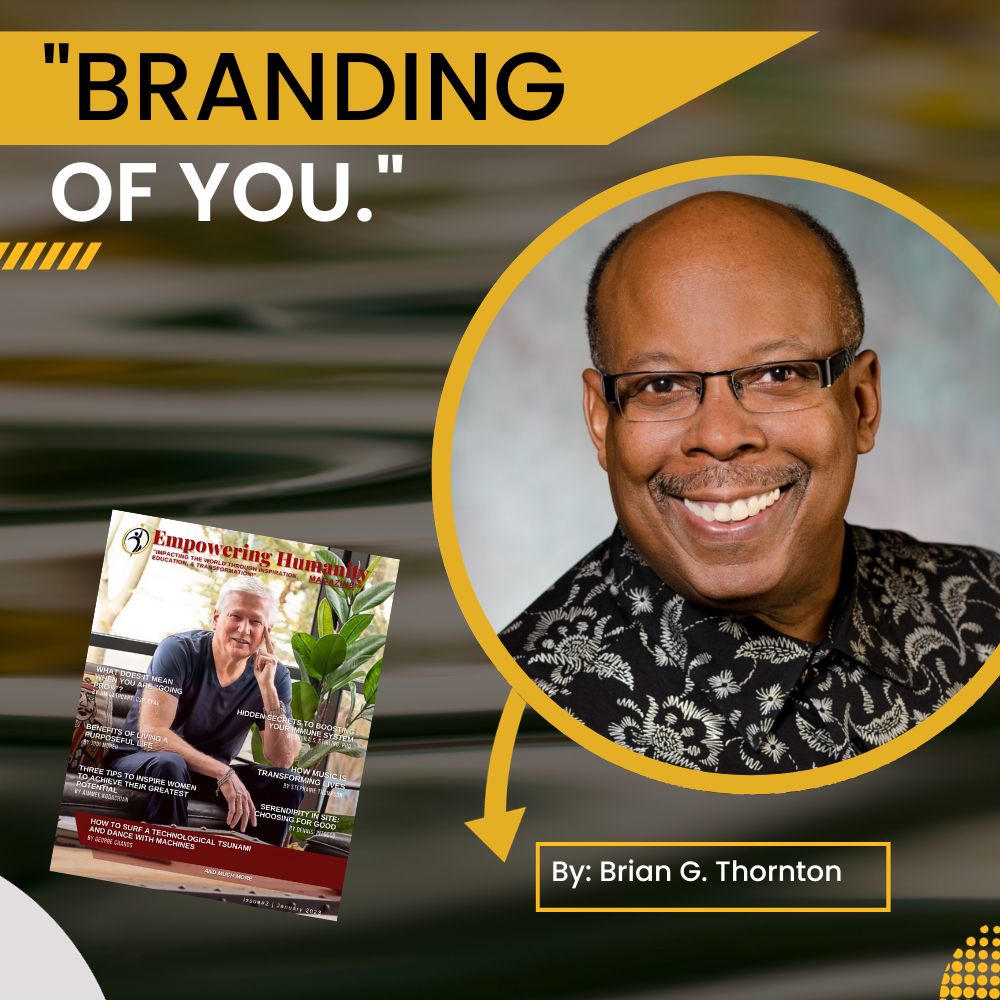America’s Future: Enlightenment or Dystopia?
By George Chanos
The technological revolution will present a myriad of opportunities to advance humanity’s collective interests in ways that have never before been possible.
What we do with these opportunities will depend on the choices we make.
Social media is among the first of these opportunities. It represents the first wave of the technological revolution and provides an obvious path toward greater enlightenment.
Leveraging social media to create a path toward greater enlightenment will require a conscious and collective choice. It will require that we value intelligence over ignorance and learning over entertainment. It will also require that we prioritize the public interest over corporate profits.
The History of Enlightenment
Prior to the 18th century, most of western civilization’s collective knowledge came from the world’s churches and monarchies. It wasn’t until the 18th century that knowledge became more widely accessible, through the writings of scientists and philosophers like Newton, Voltaire, and Kant, in what became known as The Enlightenment.
The Enlightenment ushered in a new era of consciousness in which knowledge, access to information and a free exchange of ideas flourished. Scientific academies, literary salons, and coffee houses, together with printed books, journals and pamphlets gave birth to collective thought and elevated critical thinking. Knowledge was no longer the province or the privilege of those in authority. It was open to anyone — and it created a meritocracy of ideas.
A New Form of Cultural Influence
Today, social media represents a new form of cultural influence. It is both a repository of our collective knowledge and our collective ignorance. It contains both truths and falsehoods, offering good and bad examples. And it serves us only to the extent that we can recognize the difference.
The problem is that many of us lack the ability to discern the difference. Many of us don’t know how to learn or think critically. And some, whether out of arrogance, ignorance or a sense of hopelessness, don’t even try. Some simply imitate — the good and the bad.
In the early days of social media, most of us assumed that a massive increase in global connectivity and shared information would be good for humanity. That optimism has now subsided as the list of known or suspected social media harms has grown.
Online political discussions are now often less civil and more divisive than those in real life; face to face communication is becoming a lost art — replaced by texting; “ghosting,” “sexting” and “cyberbullying” are the new unwelcome additions to our cultural lexicon; networks of ideological echo-chambers fuel extremist views and violent fanaticism is used to lure the uninformed and the disenfranchised down troubling paths.
The influence of social media, which now increasingly focuses on scandals, pranks, and extremist views, is particularly threatening for younger generations, who have had less opportunity to acquire a broad base of knowledge; become familiar with humanity’s accumulated wisdom; and/or develop the ability to discern fact from fiction.
According to a recent PISA study by the Organization for Economic Co-Development, only 13.5% of 15-year-olds in the U.S. can distinguish fact from opinion in a complex reading assignment — only 9% globally.
Change is Coming
The world is at a tipping point, poised to either evolve into a “Second Enlightenment” or fall into “Dystopian Division.” The choice is ours.
The increasing political, social, economic and environmental volatility that we are all witnessing is unprecedented and alarming.
One thing is clear — this represents a technological tsunami on the immediate horizon.
To read Geoge’s timely full article, click on this link and look for page 26. Get your FREE access to Empowering Humanity Magazine™ Now!










